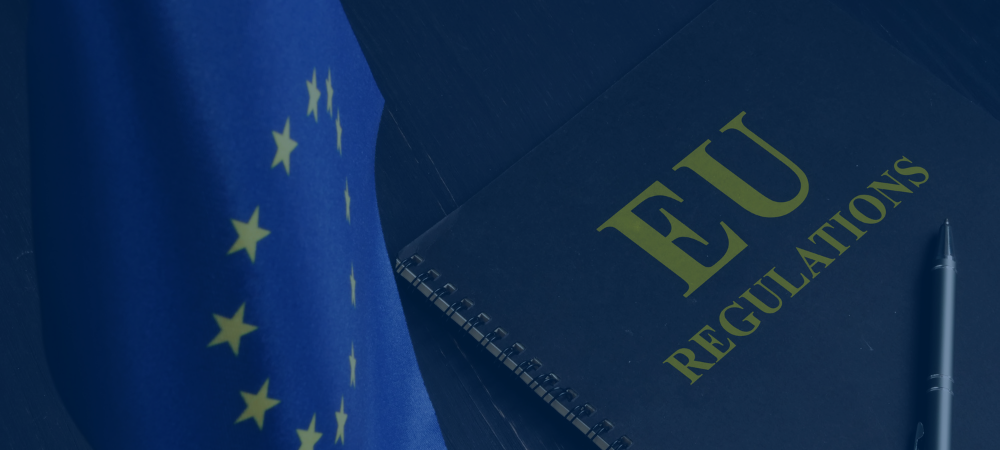Guidelines for companies to Taxonomy

Introduction
The Taxonomy Regulation (Regulation (EU) 2020/852) is an important enabler to scale up sustainable investment and to implement the European Green Deal. The EU taxonomy establishes a European Union-wide classification system to identify economic activities that contribute to the achievement of the environmental objectives. This is done by using performance thresholds, outlined in the “Technical Screening Criteria”, which help the involved parties’ identification of environmentally friendly activities. An activity is deemed environmentally sustainable if it meets all of the following 3 criteria and if it contributes substantially to one or more environmental objectives of the Regulation (see below) :
1. It makes a substantial contribution to one or more of the six environmental objectives specified in the Taxonomy Regulation—the technical screening criteria defines what it means to “substantially contribute” to an objective.
2. It does “No Significant Harm” to any of the other environmental objectives, again, as defined by the technical screening criteria.
3. It is carried out in compliance with minimum social safeguards. These social safeguards are aligned with the OECD Guidelines for Multinational Enterprises and UN Guiding Principles on Business and Human Rights, including the eight fundamental International Labour Organisation conventions and the International Bill of Human Rights.
The environmental objectives as listed in Article 9 of the Regulation are:
• climate change mitigation
• climate change adaption
• sustainable use and protection of water and marine resources
• transition to a circular economy
• pollution prevention and control
• protection and restoration of biodiversity and ecosystems.
The European Commission (EC) published a first delegated act on sustainable activities for climate change adaptation and mitigation objectives that was approved in principle on 21 April 2021, and formally adopted on 4 June 2021 for scrutiny by the co-legislators. A second Delegated Act for the remaining objectives will be published in 2022. The EU Taxonomy Climate Delegated Act aims to set concrete standards for the disclosure of information on environmental sustainability and to support sustainable investment by making it clearer which economic activities most contribute to meeting the EU’s environmental objectives. CECIMO drafted this document to help its network prepare for the upcoming application of this new Regulation, listing its main provisions and drawing attention to its ambitious implementation schedule.
If you would like to get the full guide, please email: vincenzo.belletti@cecimo.eu or diana.anichitoaei@cecimo.eu
